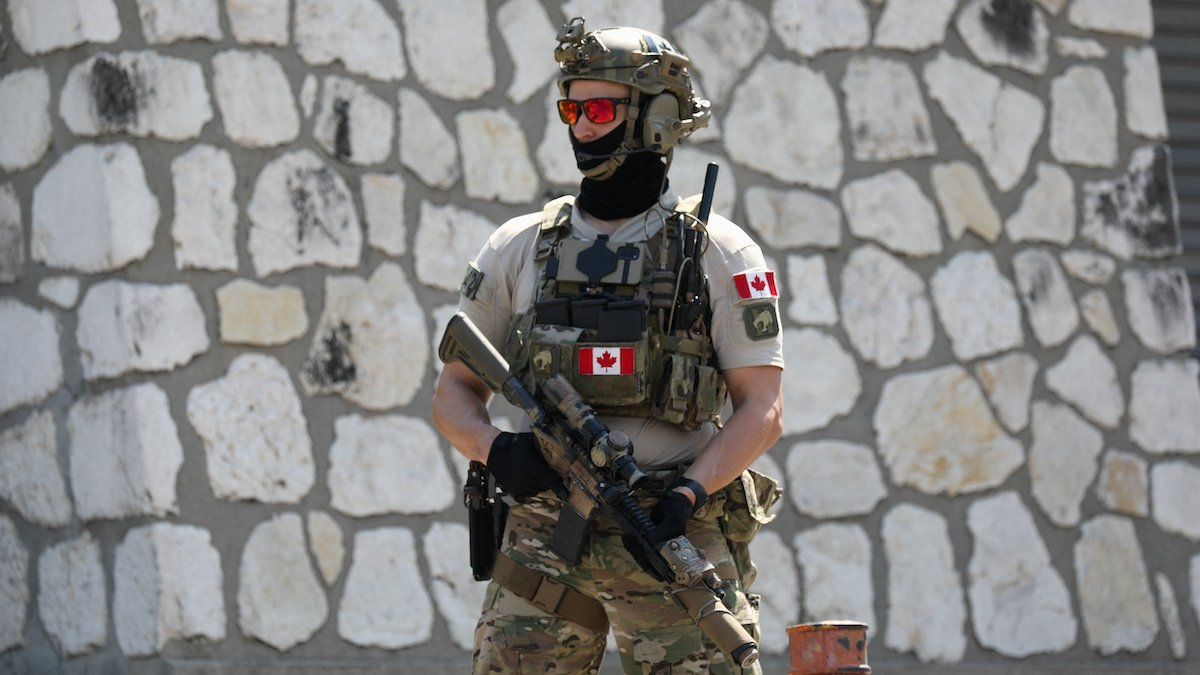On Saturday, around 70 Canadian troops arrived in Jamaica at Kingston’s request to begin training some 330 soldiers from Jamaica, Belize, and the Bahamas in preparation for an expected Kenyan-led deployment to Haiti. Canada notably helped define the concept of UN peacekeeping, and this initial deployment – which came at the request of Jamaica’s government – is expected to last a month.
Haiti has been in a state of de facto anarchy for over a month since gangs seized key infrastructure while unelected Prime Minister Ariel Henry was in Nairobi trying to sign the deal.
Police have effectively lost control of the country, and ordinary citizens have begun turning to vigilantism to protect themselves from heavily armed gangs. On Friday, people near the city of Mirebalais, located to the northeast of Port-au-Prince, “hacked to death” two men suspected of buying weapons for gang members. Police reportedly fired warning shots that did not stop the murder.
A UN report published Thursday found that self-defense organizations have been responsible for at least 59 such killings this year. That same report found Haiti would need the help of 4,000 to 5,000 foreign police officers to reestablish order. But the number of officers who might be dispatched remains unclear, with Kenya having pledged 1,000, Benin 2,000, the Bahamas 150, and unspecified numbers from other countries.
Nairobi has been clear it will not deploy before Haiti’s transitional presidential council is seated to replace the outgoing Henry. The council has been delayed by weeks of politicking, but its membership
finally seems set, and we will be watching as it officially takes the reins in the coming days.
